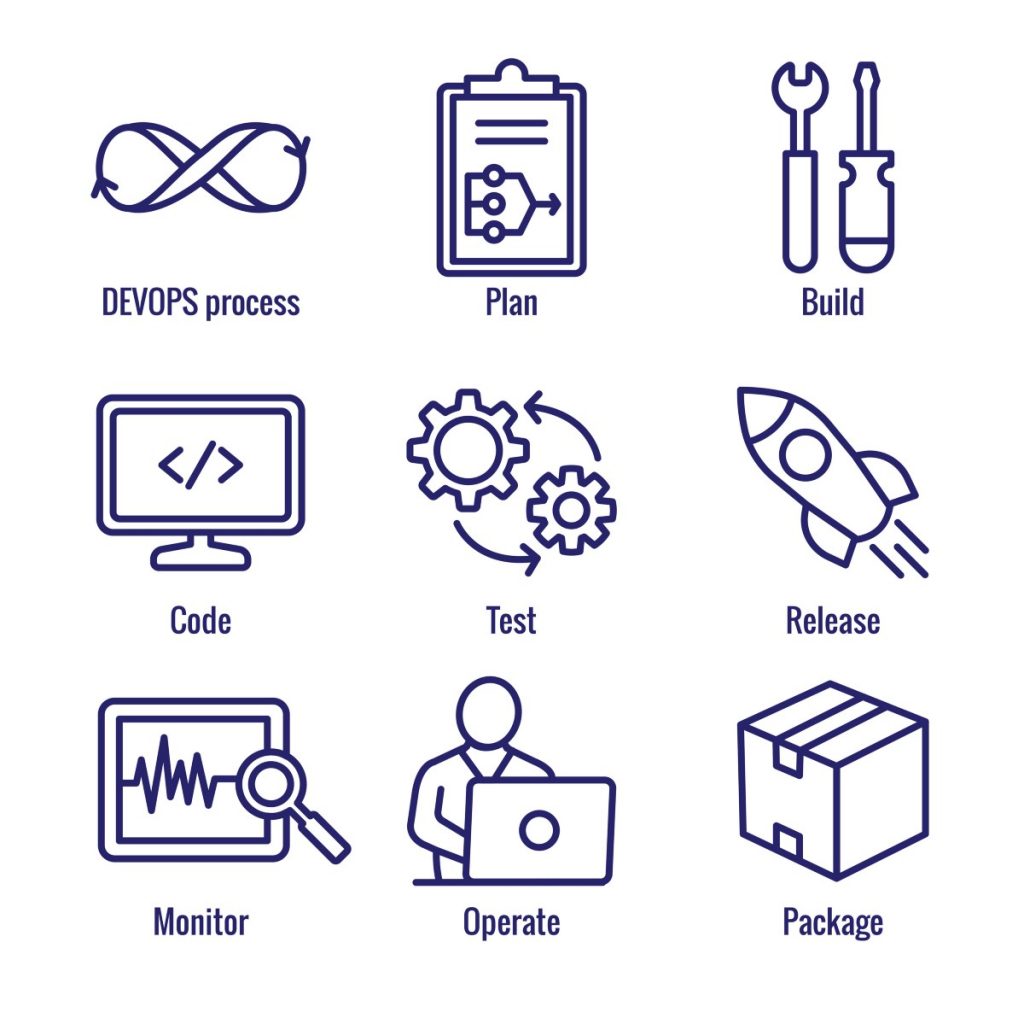If your company is running an infrastructure that has to maintain services and products while managing continuous update processes Site Reliability Engineering (SRE), the software development approach to operations processes is what you need to improve your infrastructure stability, reliability and performance. With SRE expertise hard to get we decided to explain what SRE is, how SR engineers work, and why SRE services are in-demand today.
What is SRE?
The site reliability engineering approach was discovered by Google in 2003. It means it’s even older than DevOps. Google managers had given a task to their software engineers to make their grand scale site more efficient, reliable and user-friendly. The approach they used to work with the site was so effective that many IT giants decided to adopt it. We talk about site reliability engineering (SRE) practices that are used to implement software development solutions into IT operations processes like performance planning, configuring, monitoring, failure alerting and others. These practices correlate perfectly with DevOps practices such as continuous integration/delivery and infrastructure as a code approach. Due to SRE, tasks traditionally performed by operations, manually, as a rule, are resolved using automation and software. Automation is the most essential component of the SRE model as site reliability engineers are always searching for ideas on how to improve and automate operations tasks. This way, SRE enhances any system’s reliability.
How do SRE specialists work?
SR engineer’s tasks can be divided into three groups: design, implementation, and maintenance. An SRE specialist should be part of all stages of any project from planning and designing the infrastructure to monitoring the performance and maintenance.
SRE professional responsibilities include:
- Code deployment and configuration;
- Software for efficient IT operations building;
- Performance planning and monitoring;
- Immediate failure alerting;
- Prompt support issues fixing;
- Optimizing on-call processes and documenting;
- Reporting to the teams.
Basically, site reliability engineers spend 50% of their work on operations tasks and project work and the rest 50% on development such as building codes for new features that can help automate operations processes, monitoring and others. Plus, site reliability engineers are responsible for training developers and IT operation specialists on best SRE practices and innovations.

Why do you need SRE services?
Whether you hire a site reliability engineer in your team or turn to companies that provide professional SRE services, you have plenty of good reasons to do so. You need SRE:
- To reduce or curb downtimes of your products and services;
- To predict risks and cushion them;
- To shorten SDLC phases, by automating processes;
- To make the software production more cost-efficient. Downtime danger significantly reduces due to SRE, which makes it one of the largest revenue boost pushers for the IT business.
Bottom line
Site reliability engineering and DevOps are two trending disciplines. Both DevOps and SRE aimed to deliver high-quality and client-oriented software products and features faster. Both DevOps and SRE were designed to break a wall between key software development teams for them to unite their forces in one seamless workflow. Site reliability engineering is crucial if you want your websites and applications to work effectively and reliably. With this aim in view, a great idea would be either to hire an experienced SRE specialist or turn to companies that provide site reliability engineering services for their dedicated teams to ensure the high availability of your products and services.



